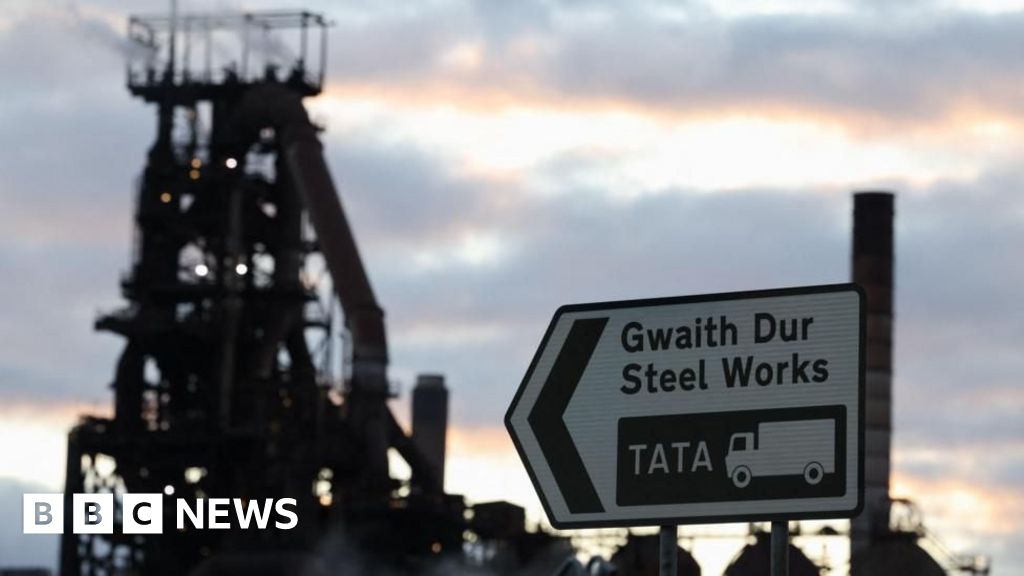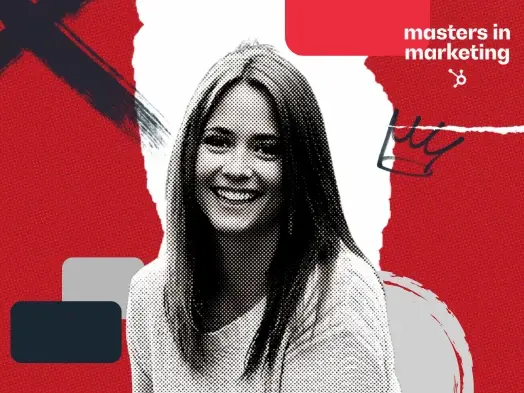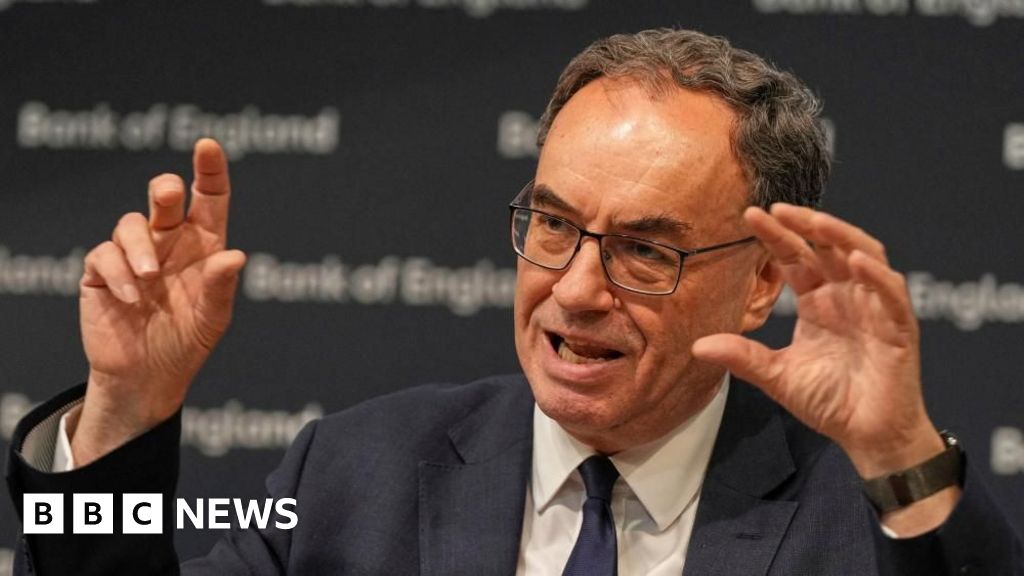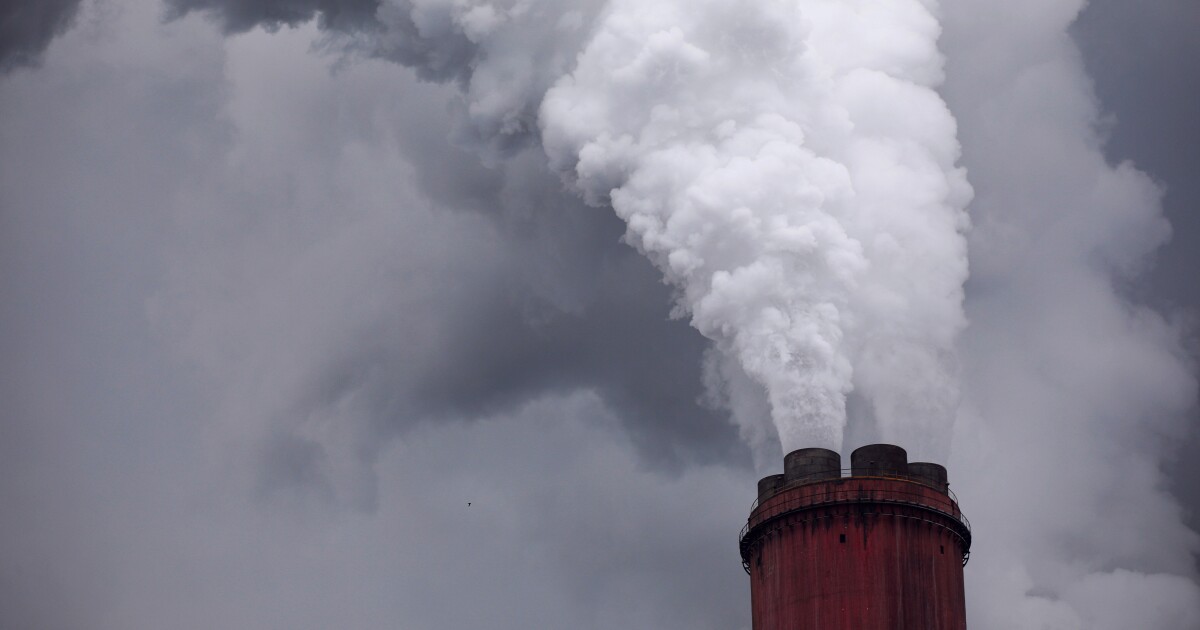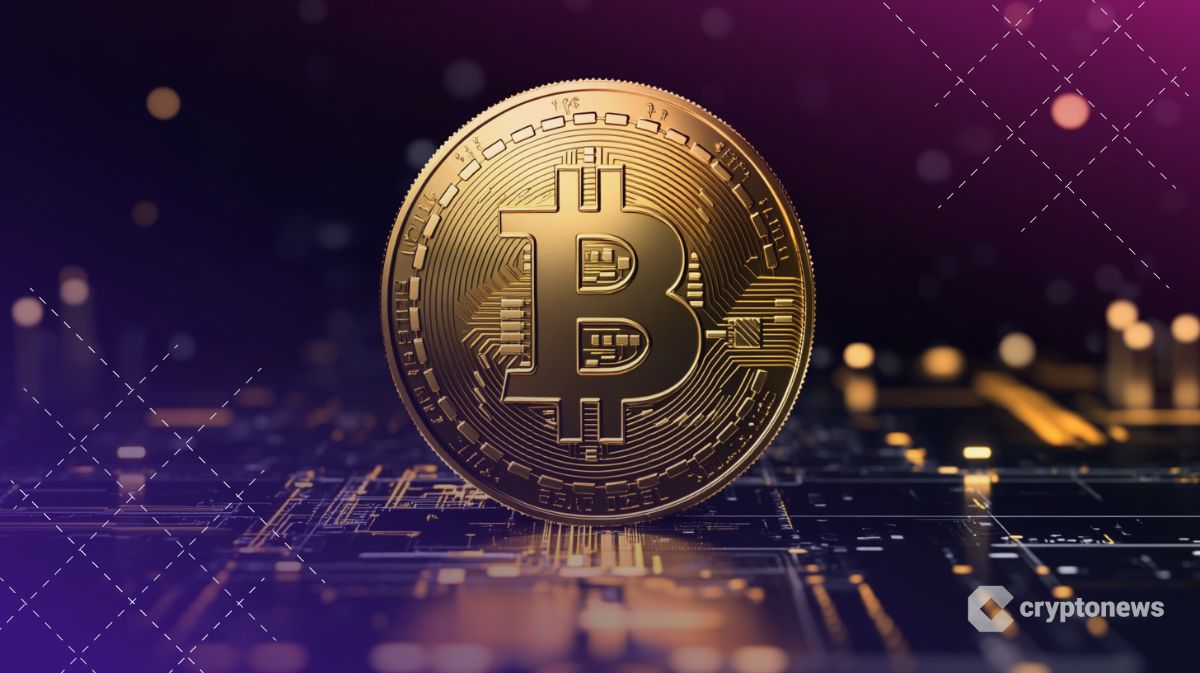France, Germany and Poland have pledged to support Ukraine militarily against the Russian invasion for as long as it takes while they and other western powers work on issue of “security guarantees” aimed at shoring up Ukraine’s defences and assuring its sovereign future.
President Emmanuel Macron of France, German chancellor Olaf Scholz and Polish president Andrzej Duda met at the Élysée Palace in Paris on Monday evening and sought to project unity in support of Ukraine as it embarks on its long-waited counteroffensive against Russian forces.
But they provided little detail on the intense negotiations now happening among Ukraine’s western backers on what sort of security guarantees they would provide once the war ends, nor whether Ukraine would be given a firm timetable to join Nato.
“Our support will last as long as it is needed,” said Macron. “We must ensure that Russia will not only not win this unfortunate campaign but also can never repeat it.”
The security guarantee discussions, which are taking place both bilaterally with Ukraine and among western powers, reflect agreement that Kyiv cannot be offered membership of Nato while the war is raging. But divisions remain over what should be offered instead, the timing, and what would be sufficient to ensure that Russia will not threaten Ukraine again.
While western officials admit that Nato’s Article 5 mutual defence pledge is the only true “security guarantee”, Ukraine’s supporters are attempting to secure what they call long-term “assurances” that are expected to include annual provisions of cutting-edge weaponry, Nato-standard training and intelligence-sharing, akin to the type of military support that the US provides for Israel.
Israel and the US do not have a formal defence treaty, but an agreement for significant military aid that is renewed every 10 years.
Such support packages would be aimed at deterring future Russian aggression by bolstering Ukraine’s defences while upgrading its military to Nato standards so that it is ready to join the alliance if and when there is political consensus for membership.
Some countries, including the US and Germany, currently oppose even giving Ukraine a timeline to join, given concerns that it could imply Article 5 commitments and widen the war.
In contrast, Macron has said he supports a “path” to membership, while Duda went further on Monday, saying Ukraine needed “a real perspective to join Nato in the future”.
“The question is between guarantees and assurances,” said one European diplomat involved in the talks. “We can’t promise them we will go to war for them, but we can give long-term pledges to keep them safe in other ways.”
President Volodymyr Zelenskyy has called for Nato countries to provide both binding security guarantees and a defined pathway for Ukraine to become an alliance member at a Nato leaders’ summit in Vilnius next month, and threatened to not accept an invitation to attend if there was none.
Discussions on security guarantees are mainly focused on pledges to be made by the US, UK, France and Germany — four of Nato’s five largest military powers — according to people briefed on the talks, who declined to be identified given the issue’s sensitivity.
“What’s critical in the security guarantee [discussion] is that they have to be provided by countries that, essentially, can back them up,” said one of the people.
The talks are wide-ranging and with no clarity on final outcomes, the people stressed, adding that it was still unclear as to what legal or political commitments would bind capitals to uphold them.
“It is important to keep in mind that these are not real security guarantees, the readiness of countries to defend each other,” said a second European diplomat. “But these are more assurances that the assistance with weapons, equipment, ammunition will continue.”
“These temporary arrangements are warranted, of course, at least as long as the war goes on, but cannot be sold as replacements for full membership,” the diplomat added.
Nato officials have stressed that bilateral security guarantees are not a collective alliance issue, and are separate from the debate over Ukraine’s application for Nato membership.
But possible offers by Nato members to Kyiv are expected to be laid out as part of discussions between alliance defence ministers at a meeting in Brussels on Thursday, ahead of the Vilnius gathering next month.
“I think what you can expect to see at the Nato summit is a robust package of both political and practical support for Ukraine going forward,” US secretary of state Antony Blinken said on Monday after meeting his Italian counterpart Antonio Tajani.
A French official said it was hard to predict the outcome of the discussions. “It will be a question of all the allies who want to and who can commit in the long term in favour of Ukraine’s security,” the official said. “Security guarantees must be as strong as possible . . . and have both a direct effect and a deterrent effect on Russia.”
Additional reporting by Sarah White in Paris
Credit: Source link





